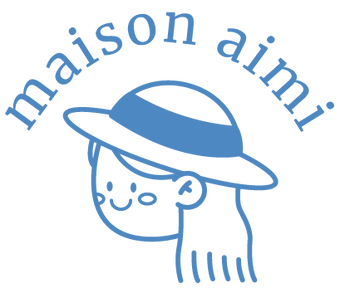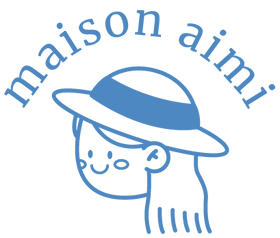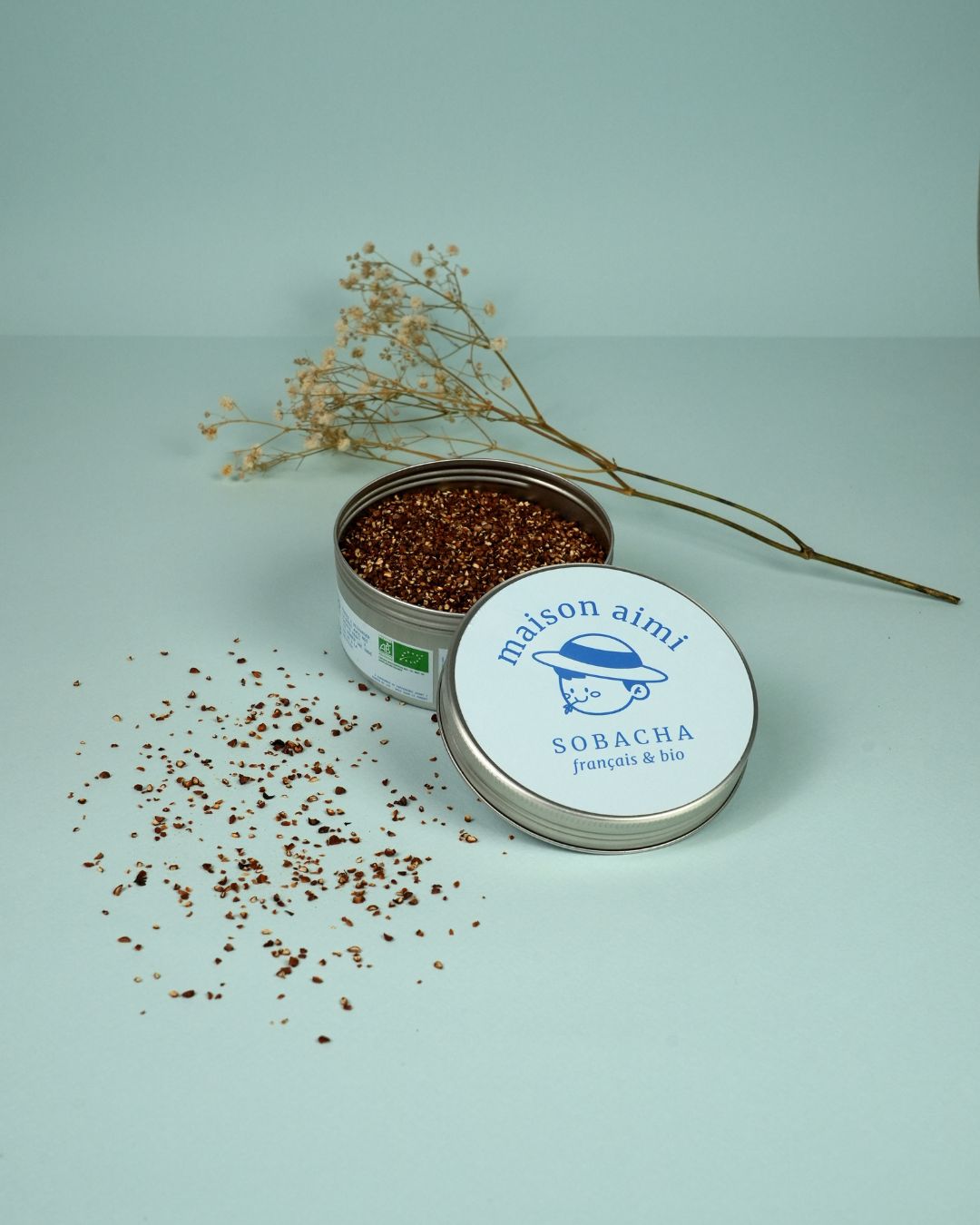6 theine-free drinks to limit your consumption
Although it is less demonized than caffeine, theine is a molecule that can generate addiction, excitement and sleep disorders . This is why it may be interesting to reduce your daily consumption of theine . To find calm, consuming other drinks without theine is a great idea. But which drinks without theine should you choose? Which drinks can replace tea in terms of taste pleasure and/or boost? In this article, we have listed 6 drinks without theine that you might like and allow you to reduce your consumption of theine. Which ones inspire you the most?

SUMMARY
Cereal teas
Rooibos
Chai without tea
Chicory
Decaffeinated tea
Herbal teas and herbal infusions
FAQ Caffeine-free drinks
⇒ What is theine?
⇒ Why stop theine?
⇒ Which drinks contain theine?
Cereal teas
Barley and buckwheat tea: cereal-based teas are rich-tasting drinks with surprising caramelized notes. They are generated from roasted grains and infused for 5 to 10 minutes. In addition to not containing theine, they have the advantage of being easy to prepare and of being originally from France.
Buckwheat tea
Buckwheat tea is the most well-known grain tea, especially under its Japanese name: sobacha. Sobacha is often considered a healthy drink because of its antioxidant, B vitamin, mineral and fiber content.
You can at Maison Aimi, French and organic!

Barley tea
Consumed in Asia (it is called Mugicha in Japan and Boricha in South Korea) and in Italy (like coffee, under the name caffè d'orzo), barley tea is gradually becoming known in France. Rich in minerals and GABA, an anti-anxiety molecule, it is particularly healthy.
At Maison Aimi, it's our favorite drink and for good reason: it's the drink that motivated Charlotte, our founder, to create the brand after she discovered it in Japan. That's why you'll find a mugicha made from 100% French barley 🇫🇷 on our shop!

Roobios, or red tea
Also called “red tea”, rooibos is only a tea in name. The leaves of this plant, native to South Africa, are consumed as an infusion and contain neither theine nor tannins, which makes it an excellent substitute for tea. Its taste, strong and round at the same time, is particularly appreciated. Like tea, rooibos requires an infusion of 5 to 10 minutes and can be drunk with milk and spices. You will easily find it in the various organic grocery stores in France.
Tea without tea
While “chai” can be translated as “tea” in Hindi, the language of India where this drink originates, chai can also be made without tea. A decoction of hot milk and spices such as ginger, cardamom, black pepper or cinnamon, chai is a comforting drink that resembles a Christmas tea. Without black tea, it is theine and tannin-free. Unlike tea, however, it requires more preparation and requires having many spices at home – unless you use ready-made bags, powders or syrups, available in many stores. Note, however, that powders and syrups can be particularly sweet.
Chicory
Chicory is a drink made from the eponymous root, roasted and reduced to a powder that can be dissolved in water. Originally from France, this drink is known and consumed mainly in the North of the country. It is particularly appreciated by coffee lovers wishing to reduce their caffeine consumption because it has a bitter taste and a fairly thick texture that can be reminiscent of coffee. Chicory roots contain inulin, a prebiotic fiber that can promote intestinal health, as well as vitamins and minerals, including vitamin C and potassium. Unlike tea, it is not prepared as an infusion (the chicory powder must be mixed in hot water) but the preparation is very quick. Very popular in France, it is possible to find chicory in supermarkets or organic stores.
Decaffeinated tea
Just as there is decaffeinated coffee, there is decaffeinated tea. Also called "caffeine-free tea" or "decaffeinated tea", the latter has undergone a decaffeination process to significantly reduce its theine content. This can be a good alternative if you are looking to reduce your theine consumption while continuing to drink tea. However, it is necessary to remember that decaffeinated tea has undergone a decaffeination process that is not neutral: there are several decaffeination methods, including the use of chemical solvents, supercritical carbon dioxide, water methods or carbon dioxide methods. It is prepared like a classic tea and all varieties of tea (black, white, green) exist in a decaffeinated version. Still not very widespread (unlike decaffeinated coffee), it can be found in specialized tea stores.
Herbal infusions
Many plants around us can be infused and release their flavors and benefits when brought to a boil. This is particularly the case for ginger, nettle, or thyme. Each plant has its virtues and among some of them, you can find the boost that tea gives you, without the caffeine (this is the case for ginger for example). These infusions are prepared like a classic tea but the infusion can last longer. You can find blends of plants to infuse in herbalists, pharmacies or organic stores. Note that you can also compose them yourself from the plants in your garden if you have sufficient knowledge.
FAQ Caffeine-free drinks
What is theine?
Theine is a molecule found in tea leaves (Camellia sinensis) as well as in other plants, such as mate and guarana. While tea and coffee are often opposed, theine and caffeine are actually two names for the same molecule!
It is in fact an alkaloid , its scientific name is 1,3,7-trimethylxanthine and its chemical formula is written as follows: C8H10N4O2 .
Most often, this molecule takes the name of its plant in order to describe its effects more precisely: caffeine for coffee, theine for tea, mateine for mate or guaranine for guarana. Because it is present in greater or lesser quantities in each of these plants, it has more or less significant and immediate effects.
Also, if you are looking to reduce theine in your diet, it will be interesting to also reduce all products that contain caffeine.
Why stop theine?
We just explained it: theine = caffeine. Only their names change, the molecules are identical. And their effects too:
- Addiction: Like caffeine, theine causes addiction. In other words, it is possible to suffer from a lack of theine and need to increase the doses to feel the same effects. The lack of theine can notably materialize by a headache.
- Excitement and heart palpitations: theine is a stimulant and it is even for this virtue that it is appreciated. If you are sensitive to its action or if you consume it in high doses, it can cause heart palpitations.
- Sleep disorders: the stimulating properties of theine can also be disruptive when going to sleep. Indeed, just like coffee, tea can cause sleep disorders, particularly when falling asleep.
Although theine is less demonized than caffeine (particularly because its action is more diffuse when drinking tea than coffee), it causes similar effects that can generate discomfort. This is why it may be interesting to moderate your caffeine consumption by consuming, in particular, drinks without theine.
Which drinks contain theine?
The following drinks contain theine (or a molecule similar to theine, such as caffeine, mateine or guaranine):
- Green, white and black teas;
- Matcha , this drink of Japanese origin is none other than green tea reduced to powder;
- Chai , when made with black tea, Indian chai contains theine;
- Mate , this drink of South American origin does not come from the tea plant, like the teas mentioned above, but it contains the same molecule. In mate, it is called “mateine”;
- Coffee , as popular as tea and often opposed to the latter (they are like cats and dogs!), coffee contains caffeine which is therefore the same molecule as theine;
- Guarana , this berry native to the Amazon is very highly concentrated in caffeine. It is used in the making of different drinks;
- Chocolate , yes: there is caffeine/theine in cocoa beans! A bar of milk chocolate contains on average 10 mg of theine and a bar of dark chocolate contains up to 45 mg of theine.
If you want to stop theine or at least slow it down, there are several drinks without theine. Originating from all over the world, with different tastes and a more or less easy preparation, you will necessarily find a drink for your cup. As a fan of barley tea, we can only recommend that you try it but we hope that you will enjoy discovering each of the drinks in this article!
💡 You liked it, you will also like it
⇒ Stopping coffee: why, how, what alternatives


